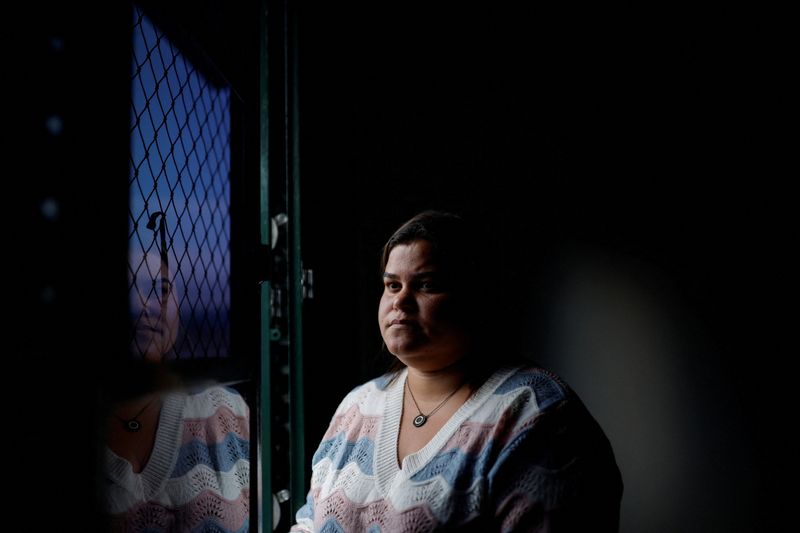By Lais Morais and Amanda Perobelli
SAO PAULO (Reuters) -When Brazilian Rebeca Mendes became pregnant in 2017, she fought for the right to have an abortion in her home country. The Supreme Court denied her request, so she flew to Colombia to terminate her pregnancy.
Now she helps other women do the same, as well as pushing for the right to have safe and legal abortions in Brazil, where they are only allowed in the case of rape, fetal deformation or when the mother's life is in danger.
The prospects for more relaxed rules are not good. In Brazil's Conservative-led Congress last week, a committee voted for a constitutional amendment to ban abortion altogether and make it illegal even in those three extreme cases.
Although the bill will not go for a wider congressional vote until next year, in Sao Paulo, Brazil's largest city, the mayor's office ordered one of the country's few hospitals that performed legal abortions in those exceptional cases to stop.
That prompted a loud protest by women at a city council public hearing, demanding that abortions at the Cachoeirinha Municipal Maternity Hospital be allowed to continue.
Mendes said many Brazilian hospitals will inform the police when women seek an abortion, handing over medical records even in cases where the legal exception applies.
"These women are being investigated," she told Reuters at the hearing. " Medical (TASE:PMCN) records are being improperly disclosed and women are being reported to the police for having a legal abortion."
The state health department recognized that legal abortions are no longer available at Cachoeirinha hospital but said abortions are performed at four other municipal hospitals in Sao Paulo in cases allowed by law.
The department said in a statement that patient's records are handled confidentially, following the code of medical ethics.
Mendes said she had found it easy to get an abortion in Bogota, and said hospital staff there were supportive.
"I remember talking to the doctor who explained my options and type of treatment. And then it happened and it happened very quickly," she said.
"He looked at me and said, 'It's over.' And then I cried and cried and cried. But it was a cry of relief, you know? It's finally over, I got what I wanted."
In Brazil, Mendes said she would have had to resort to clandestine clinics that perform abortions that are sometimes botched, resulting in the woman's death.

The sponsor of the amendment to ban all abortions, Chris Tonietto of the right-wing Liberal Party, said the amendment would "ensure that unborn children will enjoy the right to life."
Mendes now runs a nongovernmental organization called Project Vivas to help women who seek safe abortions in Brazil or abroad. Her organization has assisted 407 girls and women, according to its website.